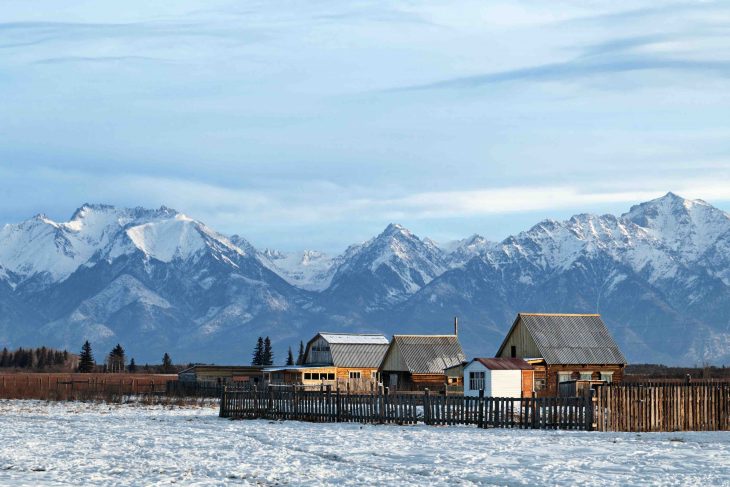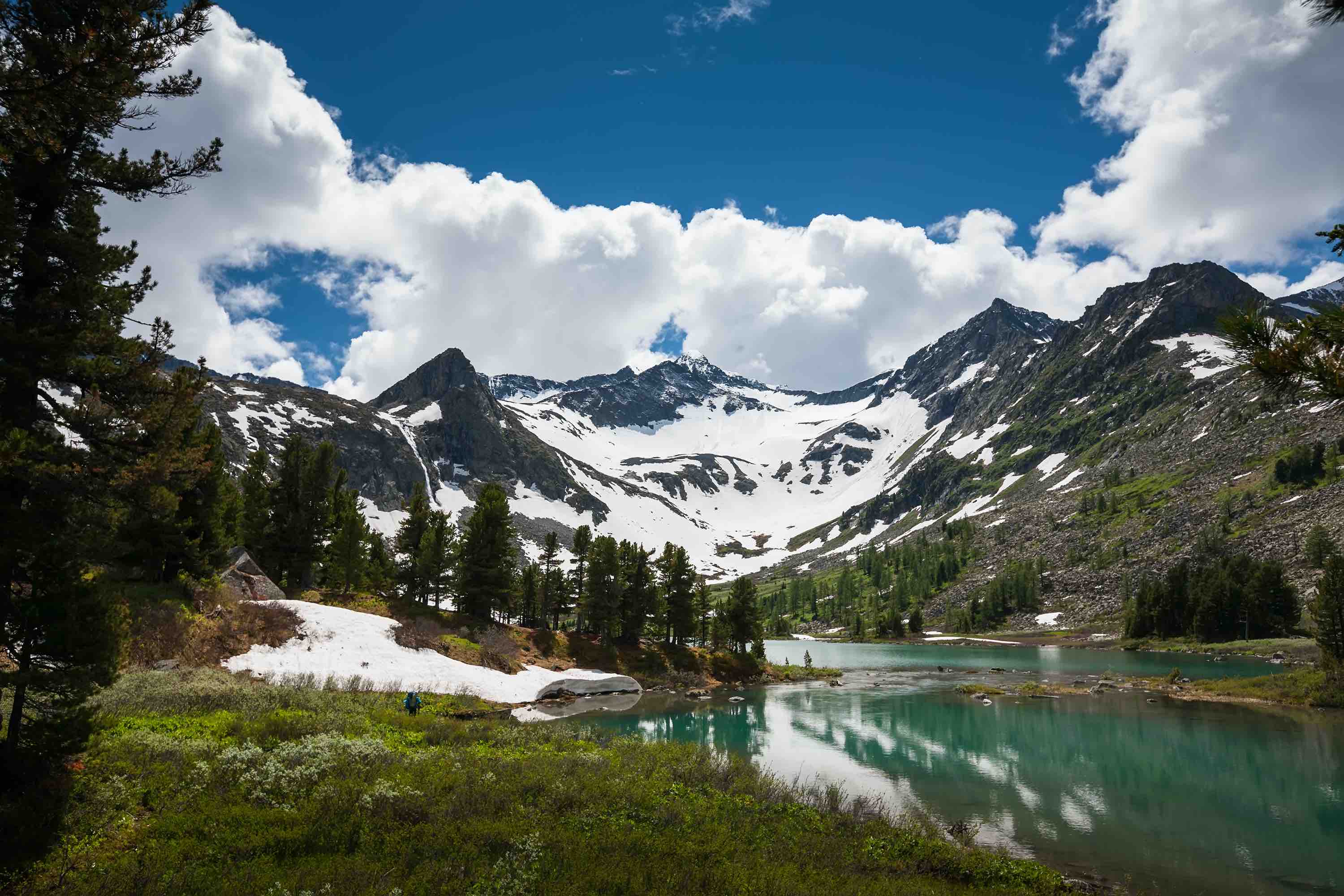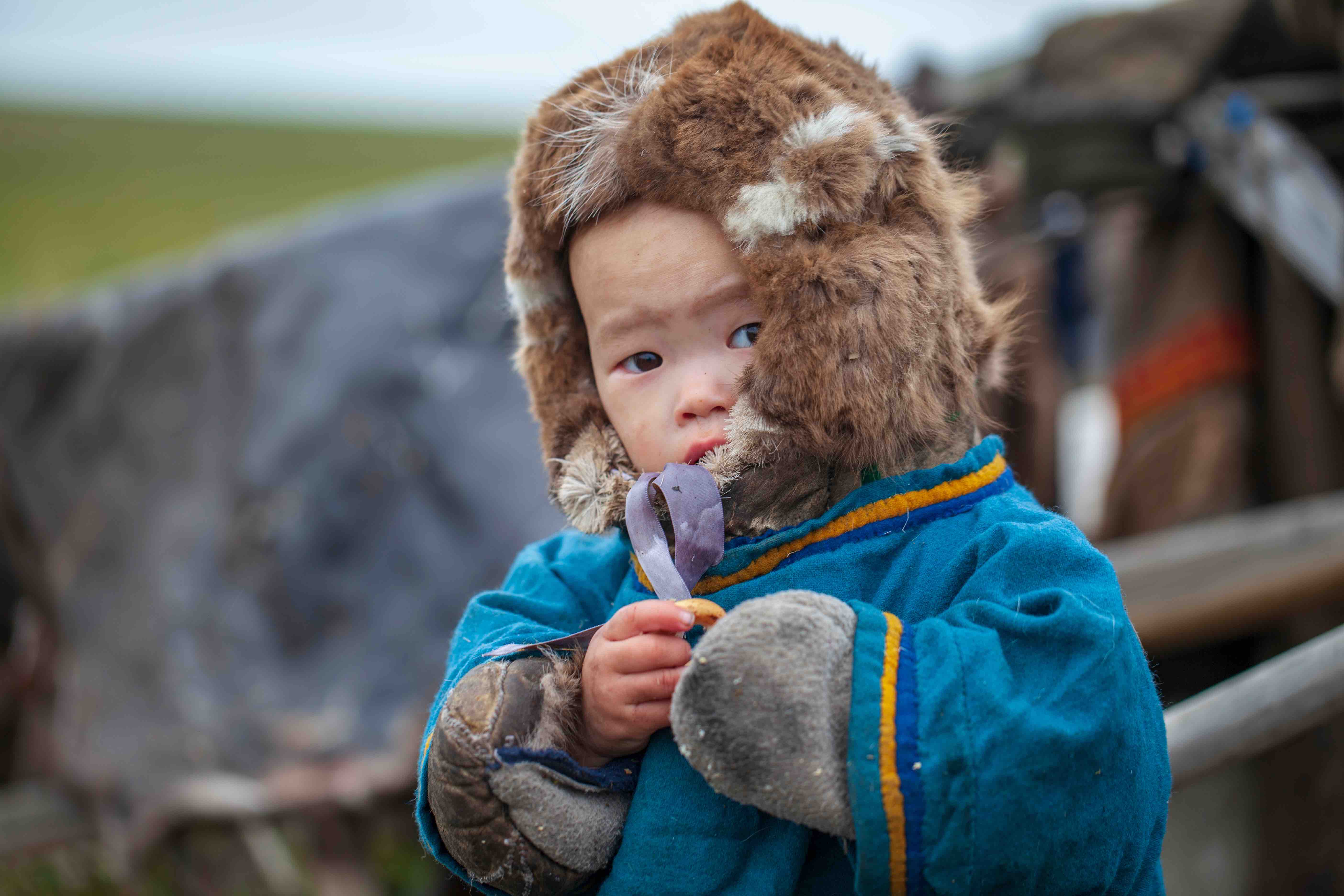
Siberia, the vast and mysterious landmass in Russia, holds a plethora of wonders waiting to be explored. Stretching across an expansive region, Siberia offers breathtaking landscapes, diverse wildlife, and fascinating history. Join us on a journey through 15 captivating facts about this enigmatic destination.
Siberia’s Extensive Territory
Siberia encompasses a staggering area of over 13.1 million square kilometers, making it the largest region in Russia. Its vast expanse covers almost 77% of the country’s total land area.
The Iconic Trans-Siberian Railway
The Trans-Siberian Railway, one of the world’s most famous train routes, spans approximately 9,289 kilometers across Siberia. It connects Moscow in the west to Vladivostok in the east, taking passengers through mesmerizing landscapes and providing an unforgettable travel experience.
Lake Baikal: The Pearl of Siberia
Located in southern Siberia, Lake Baikal is the deepest freshwater lake in the world. It holds approximately 20% of the world’s unfrozen freshwater, making it a vital resource. Its crystal-clear waters, stunning vistas, and unique ecosystem, featuring the Baikal seal, make it a UNESCO World Heritage site.
Siberian Climate Extremes
Siberia experiences some of the most extreme temperature variations on Earth. Winters can be frigid, with temperatures dropping below -50 degrees Celsius (-58 degrees Fahrenheit), while summers can be surprisingly warm, with temperatures reaching over 30 degrees Celsius (86 degrees Fahrenheit).
Majestic Mountain Ranges

Siberia is home to several majestic mountain ranges, including the Altai Mountains and the Sayan Mountains. These awe-inspiring peaks not only offer breathtaking scenery but also attract outdoor enthusiasts who engage in activities such as hiking, mountaineering, and skiing.
The Siberian Tiger
Siberia is home to the critically endangered Siberian tiger, also known as the Amur tiger. With only about 500 individuals remaining in the wild, efforts are being made to protect and conserve this magnificent species.
The Yakutsk Permafrost
Yakutsk, the capital of the Sakha Republic in Siberia, holds the record for being the coldest city on Earth. The region experiences permafrost, where the ground remains permanently frozen, with temperatures averaging -40 degrees Celsius (-40 degrees Fahrenheit) in winter.
Siberia’s Rich Natural Resources
Siberia is a treasure trove of natural resources, including vast reserves of oil, natural gas, minerals, and timber. These resources play a significant role in Russia’s economy, attracting investment and contributing to its overall development.
Stunning Landscapes
Siberia boasts diverse and awe-inspiring landscapes. From the snow-capped peaks of the Altai Mountains to the vast tundra expanses in the north, and from the taiga forests to the stunning Lena Pillars, Siberia captivates with its breathtaking natural beauty.
The Remote Putorana Plateau
The Putorana Plateau, located in northern Siberia, is a UNESCO World Heritage site known for its unique geological formations, pristine ecosystems, and stunning waterfalls. This remote and untouched region offers a glimpse into a world untouched by human interference.
Indigenous Peoples and Cultures

Siberia is home to numerous indigenous peoples, each with its unique culture and traditions. From the Yakuts to the Evenks and Nenets, these communities have preserved their heritage and offer a glimpse into the rich tapestry of Siberian cultures.
Siberia’s Rich Cultural Heritage
Siberia has a diverse and vibrant cultural heritage. From ancient shamanistic practices to traditional music, dance, and art forms, the region’s cultural tapestry is as varied as its landscapes.
Siberian Cuisine
Siberian cuisine is hearty and flavorful, often influenced by the region’s harsh climate. Traditional dishes include hearty soups like borscht, stroganoff, pelmeni (dumplings), and smoked fish from the abundant rivers and lakes.
The Lena River
The Lena River, one of the longest rivers in the world, flows through Siberia for approximately 4,400 kilometers. It traverses diverse landscapes, including mountains, forests, and vast plains, and serves as a lifeline for the communities that call its banks home.
The Land of Yakutsk Diamonds
Siberia is known for its abundance of natural resources, and one of its prized treasures is the Yakutsk diamond. These diamonds, often found in the region’s diamond mines, are known for their exceptional quality and beauty.
Conclusion
Siberia, with its awe-inspiring landscapes, unique wildlife, and rich cultural heritage, continues to captivate and intrigue adventurers from around the globe. Whether it’s the breathtaking beauty of Lake Baikal or the cultural diversity of its indigenous peoples, Siberia offers a world waiting to be explored.
Frequently Asked Questions (FAQs)
Is it safe to travel to Siberia?
Yes, Siberia is generally safe for travelers. However, it is advisable to research and prepare for the specific regions you plan to visit, as some remote areas may require additional precautions.
What is the best time to visit Siberia?
The best time to visit Siberia depends on your preferences. Summer months (June to August) offer milder temperatures and longer daylight hours, making it ideal for outdoor activities. Winter months (December to February) provide a unique opportunity to experience Siberia’s famous winter landscapes and participate in winter sports.
Can I see the Northern Lights in Siberia?
Yes, the northern parts of Siberia offer excellent opportunities to witness the mesmerizing Northern Lights. Regions such as Yakutsk and Norilsk are known for their clear skies and high chances of seeing this natural phenomenon.
Are there any restrictions on visiting Lake Baikal?
While Lake Baikal is a popular tourist destination, there are regulations in place to preserve its delicate ecosystem. It is important to follow designated trails, avoid littering, and respect the environment and wildlife when visiting the lake.
How can I get to Siberia?
Siberia can be reached by air, train, or road. Major cities in Siberia, such as Novosibirsk and Irkutsk, have international airports. The Trans-Siberian Railway provides a scenic and memorable journey, connecting various cities across Siberia. Road trips are also possible, depending on your starting location and the routes you choose.
Was this page helpful?
Our commitment to delivering trustworthy and engaging content is at the heart of what we do. Each fact on our site is contributed by real users like you, bringing a wealth of diverse insights and information. To ensure the highest standards of accuracy and reliability, our dedicated editors meticulously review each submission. This process guarantees that the facts we share are not only fascinating but also credible. Trust in our commitment to quality and authenticity as you explore and learn with us.


